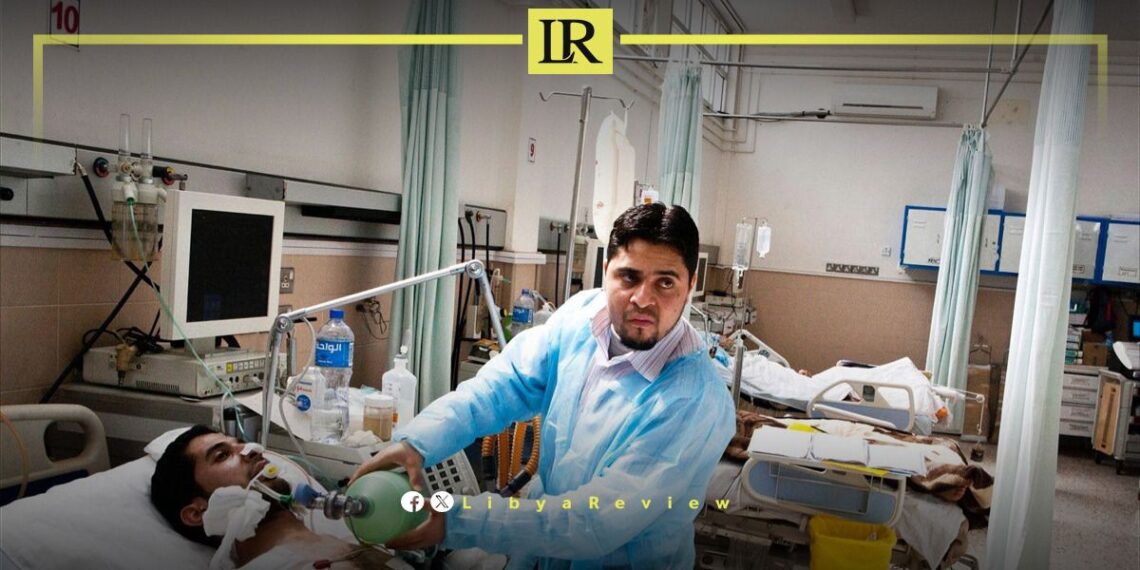Aboubakr Zakhama, head of the National Union Chamber of Private Clinics in Tunisia, has revealed that Libya owes $111 million for the treatment of Libyan patients in Tunisia. This debt is owed to 60 private Tunisian clinics.
Zakhama stated that Libya has failed to pay these accumulated debts, with successive governments not honouring their promises to settle the dues, which have been outstanding since 2011.
In December 2022, Abdel-Hamid Dbaiba, the Prime Minister of Libya’s Government of National Unity (GNU), promised Tunisia’s Prime Minister, Najla Bouden, during his visit to Tunisia, to settle the outstanding debts to the Tunisian clinics.
Tunisia and Libya share strong social and economic ties and face similar regional tensions. These security issues led to the closure of the Ras Ajdir border crossing between the two countries. This crossing is vital for transporting goods and for Libyan patients seeking medical treatment in Tunisia. After weeks of negotiations, Libya and Tunisia agreed to reopen the Ras Ajdir border.
The security agreement included several provisions to ensure the reopening of the border and prevent any security breaches from both sides. The agreement stipulated the opening of the four joint gates at the crossing to allow citizens from both countries to enter. It also addressed the issue of name similarities among citizens of the two countries and committed to opening six electronic registration centres for Libyan citizens’ vehicles.
The agreement also included a commitment not to impose any unagreed financial fees or fines and to strictly control the border to prevent smugglers and the presence of armed elements.
In March, Libyan Ministry of Health of the Parliament-designate government, Osman Abduljalil has contracted 53 medical personnel from Sudan.
This decision came as part of the committee formed by Abduljalil to contract medical and assistant medical personnel from Sudanese expatriates in the municipality of Kufra and assign them to work in areas facing shortages in medical staff.


